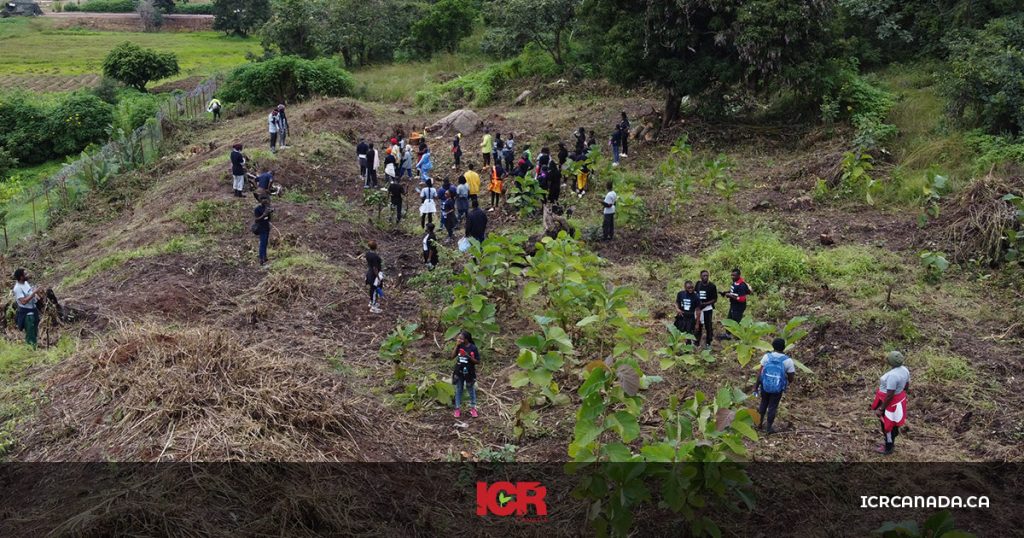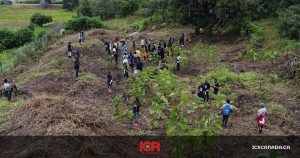Christian Killings Intensify in Plateau State, Nigeria

Christian killings intensify in Plateau State, Nigeria, as Fulani herdsmen continue a relentless wave of violence targeting predominantly Christian communities. What began as sporadic clashes years ago has now evolved into a systematic campaign of terror that has devastated families, razed villages, and left thousands displaced. In recent months, the violence has escalated to alarming levels, with more than 50 Christians massacred in a single attack in April and numerous others murdered in subsequent raids throughout May and early June.
Deadly Attacks Escalate in Plateau State
In a tragic continuation of violence against Christian communities in Nigeria, Fulani herdsmen killed five Christians in Plateau state’s Bassa County in early June, just weeks after a massacre that left more than 50 dead. These latest killings are part of a disturbing pattern of targeted attacks that have plagued the region for over two decades, causing widespread devastation, displacement, and fear.
Local youth leader Joseph Yonkpa confirmed the most recent attacks, stating that three Christians — Sunday Ishaya (37), Joshua Mishi (51), and Range Kpeh (32) — were ambushed and murdered in Kwall village on June 3. The following day, two more were killed in Nkienwhie village. According to Yonkpa, the victims were shot and assaulted with machetes in brutal assaults designed to terrorize local residents.
In April alone, over 50 Christians were reportedly massacred in Zike Kimakpa, a Christian-majority village. These attacks have left a trail of destruction, with thousands displaced and countless properties and crops destroyed.
“This violent act is not an isolated incident but rather a recurring pattern of aggression and lawlessness that has plagued Christians for years,” Yonkpa said, adding that attacks often intensify during farming seasons, when livelihoods are most vulnerable.
Waves of Violence: Farms Burned, Families Attacked
Throughout May, Fulani militants carried out a series of raids on Christian communities, further destabilizing the region. On May 10, Fulani assailants attacked Kigam village and killed two Christian men, including 45-year-old farmer Daniel Bawa. On the same day, a separate attack occurred at DTV Zanwra, where two Christian brothers, Mworina Barry and Iliya Zami Barry, were wounded in their homes.
On May 14, two Christian women were attacked while farming in Rikwe-Rishe village. That same day, Fulani militants destroyed nearly 100 farmsteads across 40 hectares in Ngbrrakunvu community. The consistent targeting of farms and agricultural communities indicates a systematic effort to destabilize Christian livelihoods.
Additional violence occurred on May 30 in Kpachudu village, where a Christian man, Ishaya Achi, was shot and is currently receiving treatment in Jos. These attacks continue without consequence, emboldening the perpetrators and deepening the humanitarian crisis in Plateau state.
Yonkpa and other community leaders are urging international organizations, human rights groups, and foreign governments to intervene and demand justice. “We are calling on the International Criminal Court and other bodies to help end this injustice and restore dignity and security to Christian communities,” he stated.
 Riyom County: Under Constant Threat
Riyom County: Under Constant Threat
Further south in Plateau state, Riyom County has become another epicenter of anti-Christian violence. On June 4, armed herdsmen launched new assaults on Jol and Rim villages, adding to the rising death toll from May, when at least 18 Christians were killed in the region.
Distressed messages from residents of Jol and Rim paint a picture of communities living in constant fear. “Please pray for my village, Jol,” wrote local resident Zere Samuel during the attack. “An attack by Fulani herdsmen is ongoing.” Others, like Gankis Haggai, expressed frustration with the lack of government response. “This attack highlights the horror, the pressure, the fear Christians are forced to live with every single day,” Haggai said.
Earlier, on June 1, Fulani militants attacked Bachi village, killing multiple residents in what locals described as a “Black Sunday.” Samuel Ayuba described the heartbreak: “Innocent lives have been cut short, dreams silenced, families torn apart.”
In Wereng village, a wave of attacks in mid-May left 12 Christians dead, and four others were killed in Chido village. Plateau state government spokesperson Timothy Dantong confirmed that Fulani gunmen killed four people on May 13, followed by an additional eight on May 14. The attackers also razed homes, further displacing survivors.
These attacks are not random; many victims are ambushed while working in their fields or attacked in their homes. In Dachidom community, two Christian villagers, Linus Davou and Tunde Daylop, were killed in a late-night ambush on May 13, further evidence of the strategic and brutal nature of the assaults.
Systemic Persecution and a Global Call to Action
The violence facing Christians in Nigeria is part of a broader pattern of religious persecution. Although not all Fulani adhere to radical ideologies, some elements have adopted extremist strategies similar to those used by jihadist groups like Boko Haram and the Islamic State in West Africa Province (ISWAP). A 2020 report by the UK’s All-Party Parliamentary Group for International Freedom of Religion or Belief noted that some Fulani militants demonstrate “a clear intent to target Christians and potent symbols of Christian identity.”
Christian leaders and human rights advocates argue that the goal of these attacks is twofold: to displace Christian communities and to establish control over fertile lands. With desertification threatening traditional pastoral livelihoods, some Fulani herders are accused of attempting to take Christian farmland by force, especially in Nigeria’s Middle Belt, where Christians are more numerous than in the northern states.
According to the 2025 Open Doors World Watch List, Nigeria remains one of the most dangerous countries in the world for Christians. Of the 4,476 Christians killed globally for their faith in the reporting period, 3,100 were killed in Nigeria — nearly 70 percent. The report also warns of a growing jihadist presence, including the emergence of Lakurawa, a new militant group in the northwest affiliated with Al-Qaeda’s JNIM network in Mali.
Christians across Nigeria are under siege not only from militant herdsmen but also from jihadist groups, lawlessness, and a justice system that rarely holds perpetrators accountable. These realities are driving increased calls for international intervention and support.
As violence escalates and communities are torn apart, advocates stress that action must replace silence. Whether through diplomatic pressure, humanitarian aid, or legal accountability, the global community has a critical role to play in confronting one of the most urgent and underreported crises in the world today.
